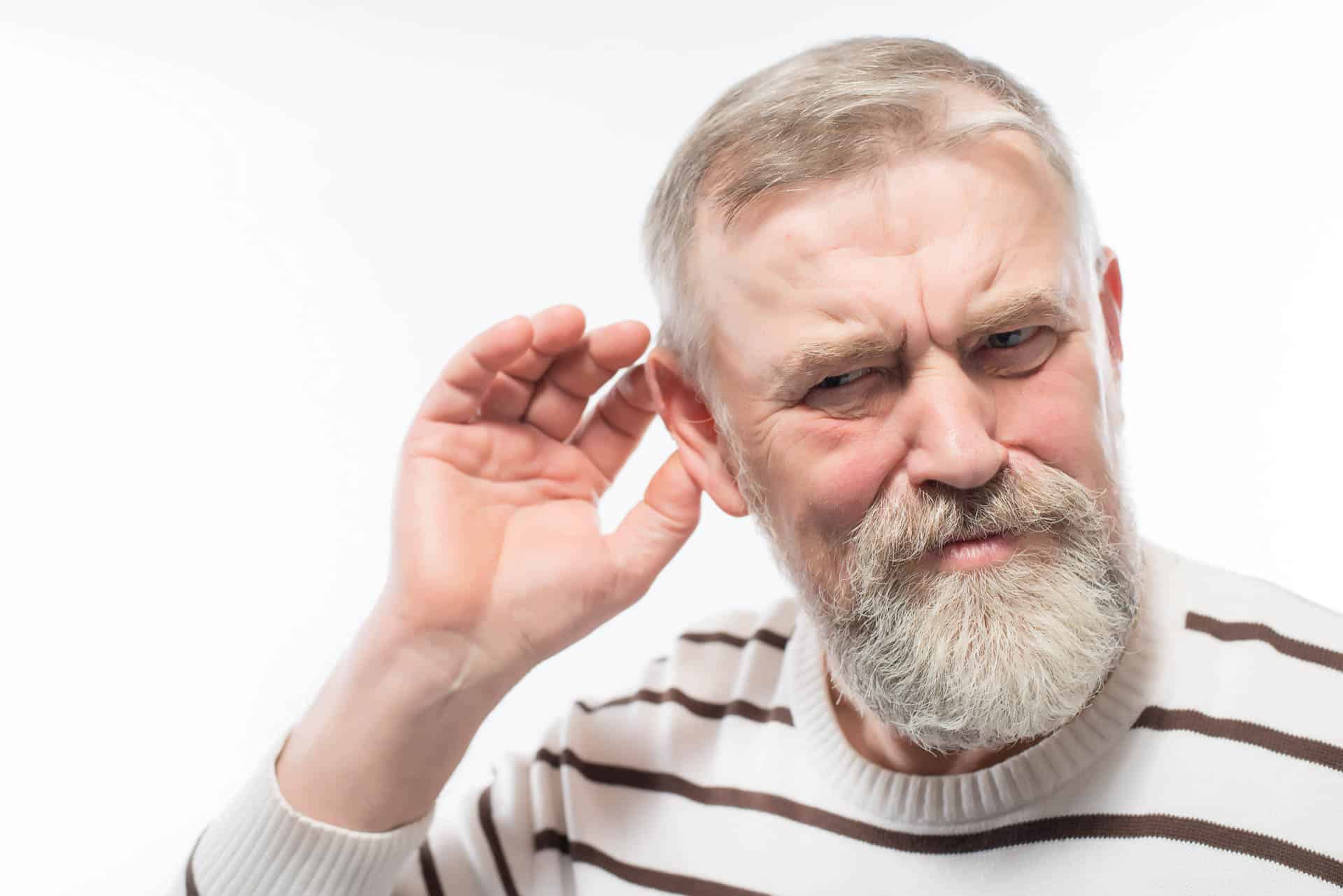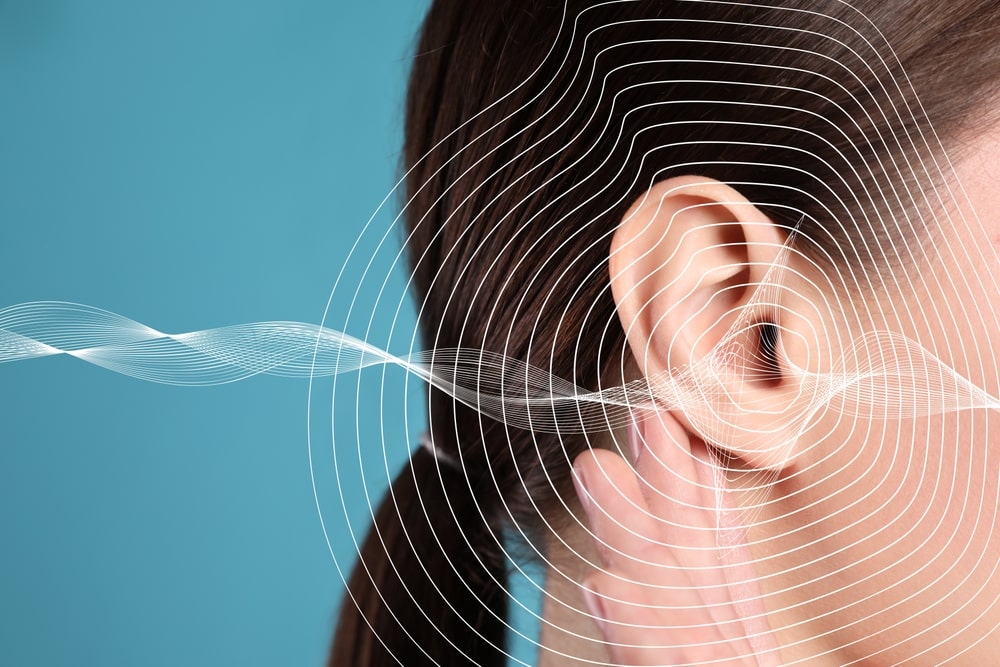HÖRST
Hearing loss in everyday life


Table of contents
Living with hearing problems
Mastering the daily challenge
Hearing loss is more than just a problem with the ears. It can affect the lives of those affected and their environment in many ways, impairing their quality of life. The way people communicate, engage in social interactions, and perceive their environment can be severely limited by this disability. But what specific effects does hearing loss have on everyday life? Find out more below.
The science behind hearing loss
Our hearing is a complex system: sound waves hitour earand are converted into nerve signals, which the brain interprets as sounds. With hearing loss, this process no longer works properly. This can be due to damage to the inner ear (sensorineural hearing loss) or a blockage in the ear canal (conductive hearing loss). The consequences can range from mild hearing loss to complete deafness.

How hearing loss affects everyday life
Hearing impairment and hearing loss can have different effects on everyday life, depending on factors such as the extent of the hearing loss and the individual's lifestyle. Here are some common problems that those affected may face:
communication
Conversations with colleagues, friends, and family members can be challenging for people with hearing loss. They have to concentrate harder to understand words and sentences, which can lead to fatigue and frustration. They often have to ask the person they are talking to speak louder or repeat themselves.
Television and music
People with hearing loss often have to turn up the volume to hear the TV or music properly, which can be unpleasant for other people in the room. This can lead to tension in social situations, especially when watching TV or listening to music together.
safety
Without the ability to hear warning signals and sounds, everyday situations can become more risky for people with hearing loss. Difficulty perceiving horns, sirens, doorbells, or other warning signals can lead to potentially dangerous situations in traffic, at home, or in other public areas. It is important for people with hearing loss to take extra precautions and use alternative methods such as visual signals or communication technologies to ensure their safety.
Dealing with hearing loss in everyday life
Hearing aids and other hearing devices
Fortunately, there are aids and technologies that can help people with hearing problems cope better with their impairment. Hearing aids, for example, can amplify certain frequencies and thus improve hearing. A good hearing aid acoustician can customize a device to the individual needs of the person affected. In addition to hearing aids, hearing aids such as the OSKAR TV hearing amplifier from faller audio offer additional support for hearing loss. The portable speaker is specially designed to improve the TV experience for people with hearing problems. With individually adjustable volume and tone controls, users can adjust the TV sound to their personal hearing characteristics. And thanks to special dialogue optimization, background noise is minimized so that speech is easier to hear.

Strategies for improving communication
In addition totechnical aids, there are also strategies that can facilitate conversation between people with hearing loss and those with normal hearing. Here are a few tips:
- If necessary, use writing or drawing materials to convey information.
- Ask the person you are talking to to speak slowly and clearly.
- Use nonverbal signals and gestures to clarify the context and meaning of words.
- Try to hold conversations in quiet environments to minimize background noise.
How hearing loss affects social and emotional well-being
Hearing loss can affect social and emotional well-being. Those affected may feel isolated and lose interest in social activities. They may also experience frustration and self-doubt because they feel like they are a burden to others. However, with the right tools, strategies, and a supportive community, those affected can lead fulfilling and active lives.
Further articles

Communication with hearing loss

FM systems for hearing aid users
